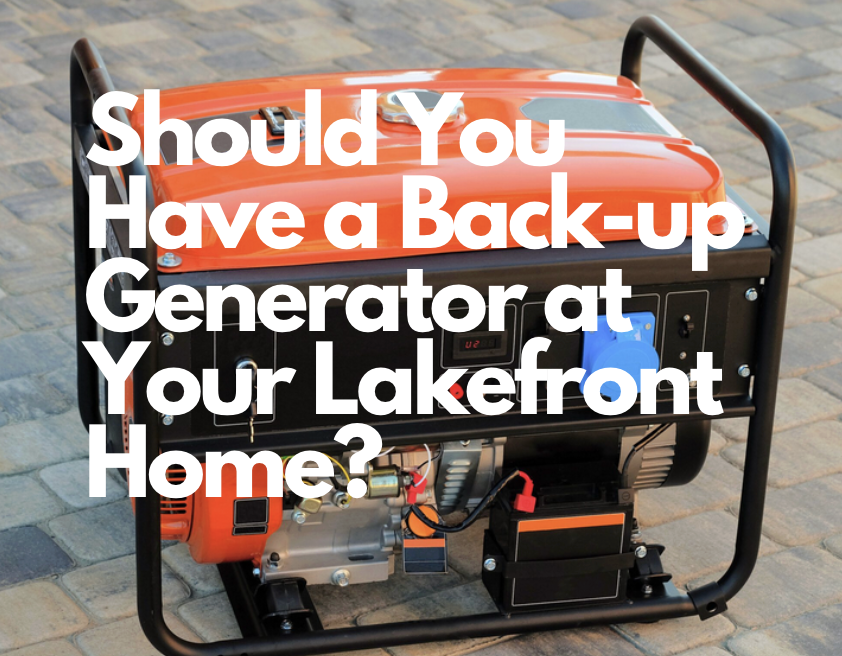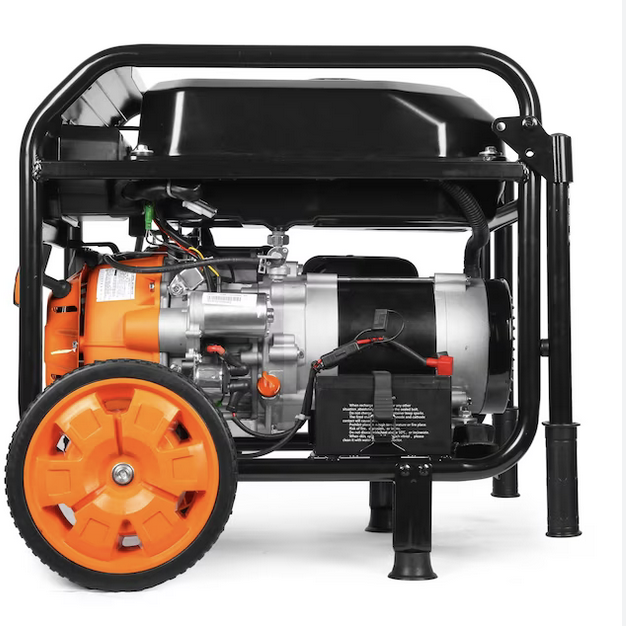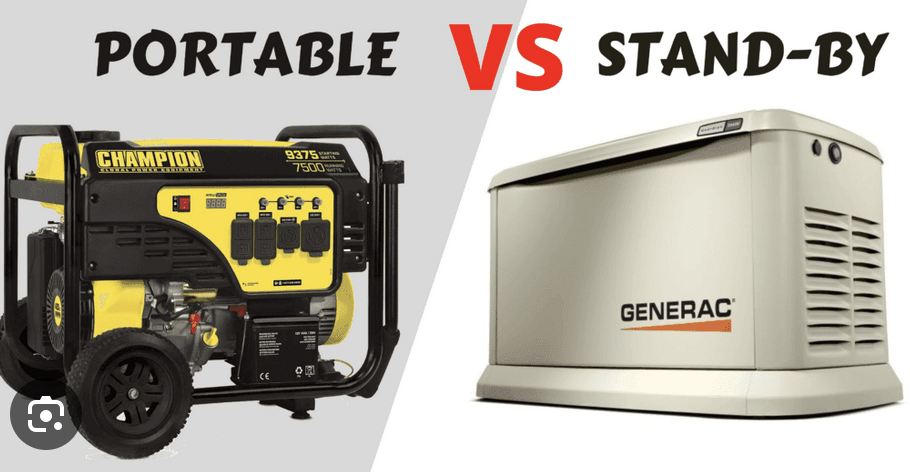
Living in a picturesque lakefront home can be a dream come true, offering tranquility, breathtaking views, and a connection to nature that many crave. However, such idyllic settings often come with their own set of challenges, including the occasional power outage. In this blog post, we’ll explore the question of whether having a backup lakeside generator at your lakefront home is a worthwhile investment. From the benefits to the costs and the various types available, we’ll delve into the considerations that can help you make an informed decision.
The Benefits of Having a Backup Generator
- Reliability in Remote Locations:
Lakefront homes are often situated in more remote areas, where power outages can be prolonged due to difficulties in accessing and repairing electrical infrastructure. A backup lakeside generator ensures that you have a reliable source of power when the grid fails, offering peace of mind and continuity of essential services.
- Preserving Perishables:
One of the immediate concerns during a power outage is the spoilage of perishable goods. A backup generator can help maintain refrigeration, preserving your food supplies and preventing unnecessary waste.
- Ensuring Safety and Security:
Power outages can compromise the safety and security of your home. With a backup generator, critical systems like security cameras, alarms, and lighting remain operational, deterring potential intruders and ensuring the safety of your loved ones.
- Protecting Electronics and Appliances:
Sensitive electronics and appliances can be damaged when power is abruptly cut off or restored. A backup generator provides a stable power source, protecting your valuable devices from voltage fluctuations and electrical surges.
- Maintaining Comfort:
Lakefront homes are often used as vacation properties, and a power outage can disrupt a relaxing getaway. With a backup generator, you can maintain essential amenities such as heating, air conditioning, and hot water, ensuring a comfortable stay for you and your guests.

Understanding the Costs
- Initial Investment:
The upfront cost of purchasing and installing a backup generator can vary widely depending on the type and capacity. Portable generators are more affordable, while whole-house standby generators, which automatically kick in when the power goes out, tend to be more expensive. Consider your budget and the specific needs of your home before making a decision.
- Fuel and Maintenance:
Operating a backup generator requires fuel, typically propane, natural gas, or diesel. The ongoing costs of fuel and regular maintenance should be factored into your decision-making process. While portable generators may have lower maintenance costs, standby generators often require professional servicing.
- Environmental Impact:
Environmental considerations are increasingly important. Propane and natural gas generators are generally considered cleaner options compared to diesel generators. Research the environmental impact of different fuel types and choose a lakeside generator that aligns with your sustainability goals.
Types of Backup Generators
- Portable Generators:
Portable generators are versatile and cost-effective. They can be easily moved to where they are needed, providing a temporary power source. However, they require manual setup and fueling, making them less convenient during an unexpected outage.
- Standby Generators:
Whole-house standby generators are permanently installed and automatically engage when the power goes out. They are more expensive but offer seamless, hands-free operation. Standby lakeside generators are ideal for homeowners seeking a reliable, long-term solution.
- Inverter Generators:
Inverter generators are a type of portable generator known for their efficiency and quiet operation. They produce stable power suitable for sensitive electronics, making them a popular choice for those who prioritize the protection of electronic devices.
- Solar Generators:
For Eco-conscious homeowners, solar generators harness energy from the sun to provide power. While they may not be suitable for continuous, high-demand usage, they can be a sustainable option for supplemental power.

Making an Informed Decision
- Assess Your Power Needs:
Begin by evaluating your power needs during an outage. Consider essential appliances, heating and cooling systems, and any medical equipment that may require continuous power. This assessment will guide you in selecting the appropriate generator size and type.
- Consider Fuel Availability:
The availability of fuel in your area should influence your choice of generator. If propane or natural gas is more accessible, it may be a more convenient and cost-effective option compared to diesel.
- Evaluate Installation Requirements:
The installation process varies depending on the type of generator. Standby generators often require professional installation, while portable generators can be set up by homeowners. Consider the ease of installation and whether professional assistance is necessary.
- Factor in Noise Levels:
Generators can be noisy, which may be a concern in serene lakefront environments. Inverter generators are known for their quieter operation, making them a suitable choice for those who prioritize a peaceful setting.
- Think Long-Term:
While the initial investment may seem significant, think about the long-term benefits and potential cost savings. A reliable backup generator can add value to your lakefront home and provide peace of mind for years to come.
Conclusion:
In the serene beauty of a lakefront home, the occasional power outage can be an unwelcome disruption. While having a backup generator involves an initial investment, the benefits in terms of safety, security, and comfort often outweigh the costs. Assess your specific needs, consider the types of generators available, and make a decision that aligns with both your short-term and long-term goals. In the end, having a backup generator at your lakefront home may be the key to turning a potential inconvenience into a minor blip in your tranquil lakeside lifestyle.
Posted by Scott Freerksen “The Lake Guy”
